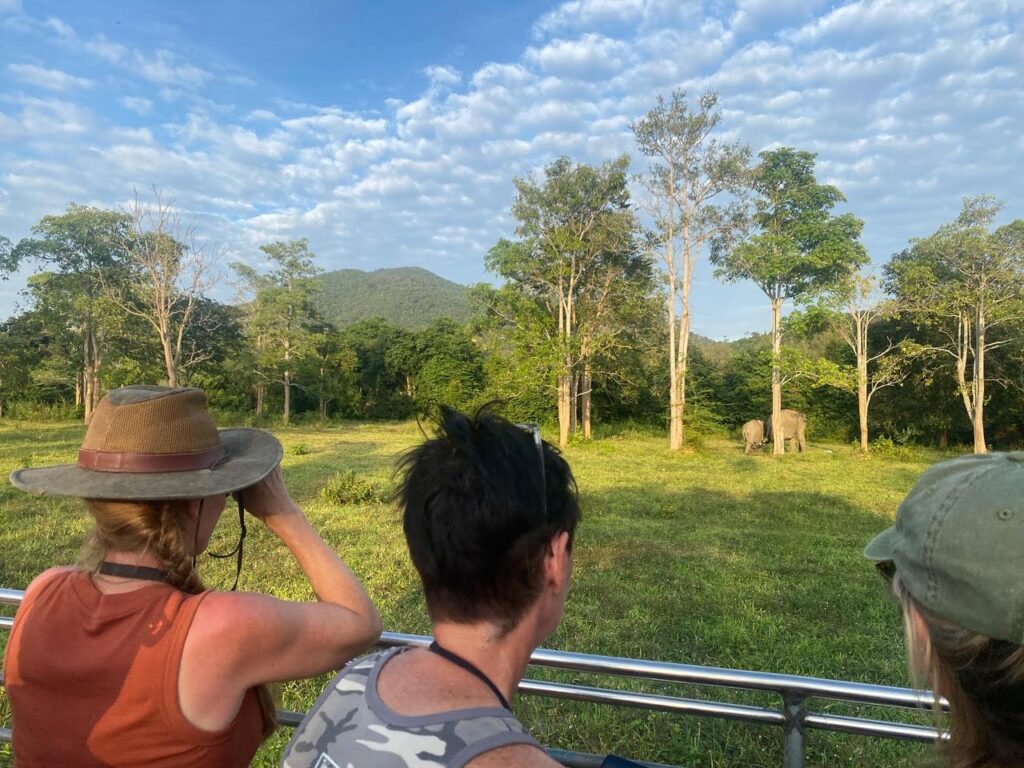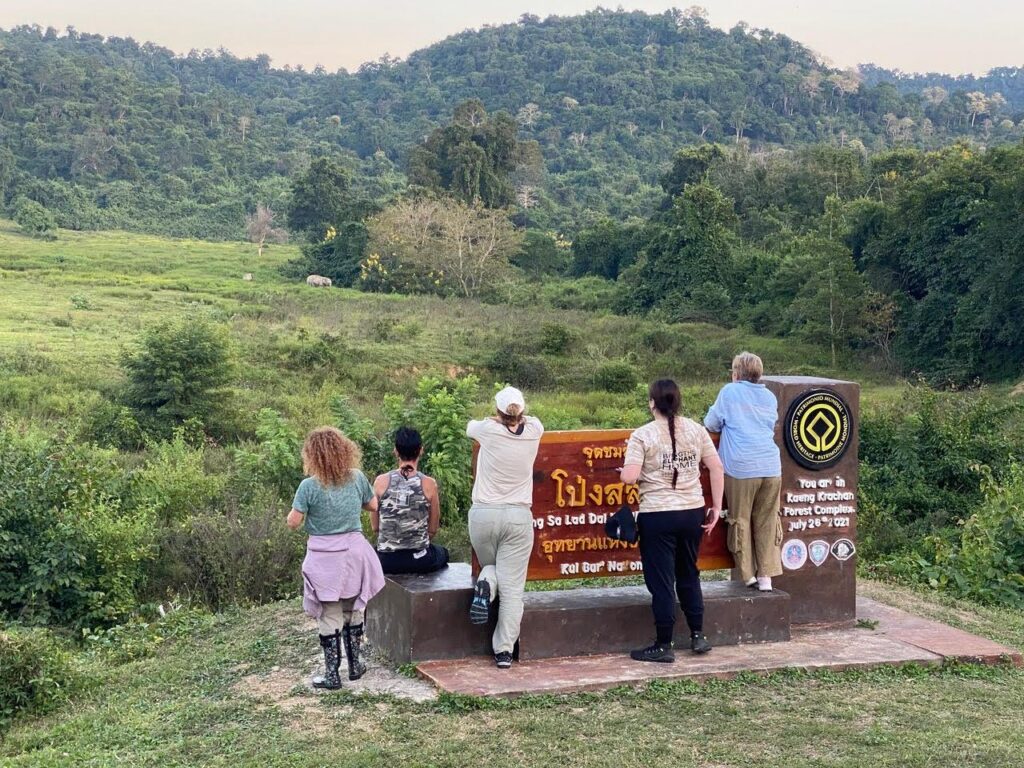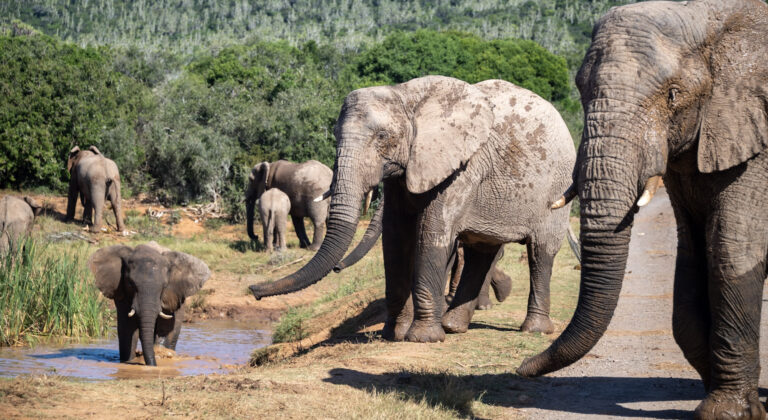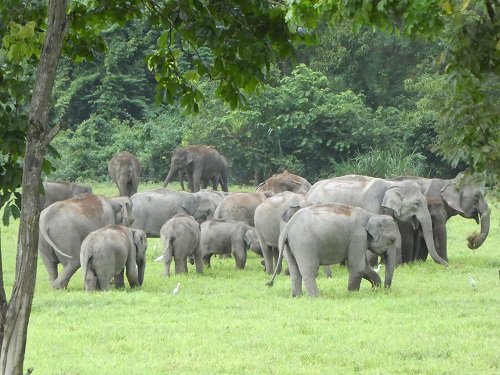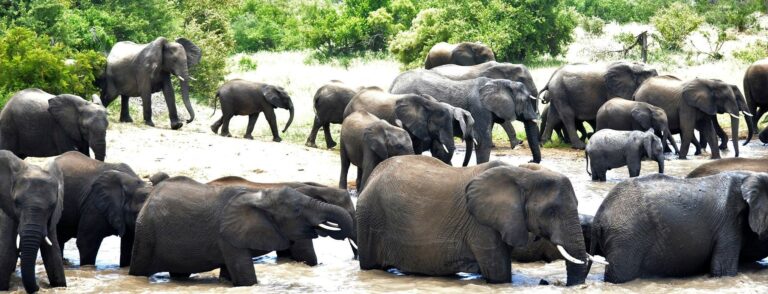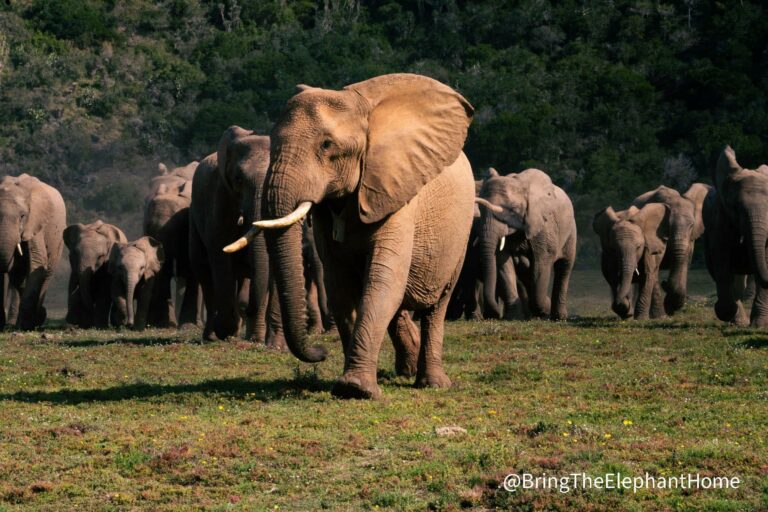We need to act now
BTEH is dedicated to the well-being and survival of African and Asian elephants, fostering socio-ecological resilience in communities seeking human-elephant coexistence, and striving for a world where both elephants and people can thrive. Our community-based conservation approach, developed since BTEH’s founding in 2004, emphasises shared decision-making, sustainability, equality, and partnerships. Through our projects, we promote evidence-based solutions that achieve human-elephant coexistence through range expansion, habitat restoration and supporting farmers in elephant-friendly livelihoods and land use, generating benefits for people, elephants and the ecosystems they share.
Elephant Research Experience Thailand:
October 1-10 2025
Dive into the heart of Thailand’s Kuiburi National Park and make a real impact on elephant conservation! Join Bring The Elephant Home’s groundbreaking research team and experience the thrill of studying wild Asian elephants up close! As one of our selected research assistants, you’ll track elephants through lush jungles, decode their behaviours, and work alongside expert researchers and local communities. Contribute to a cutting-edge elephant ID system and community-driven conservation projects that transform human-elephant conflict into coexistence.
For the future of elephants!
Elephants are a keystone species in the ecosystems they are part of. Elephants disperse seeds, maintain grasslands and find water, all crucial for the survival of other species.
The mission of Bring The Elephant Home is to increase the chances of survival for elephants
in the wild and strive towards a
harmonious world where both humans and elephants can thrive, mutually benefiting from
coexistence.
We need your help
We always welcome partners, volunteers, donors and sponsors for our projects. Please consider supporting our activities in Asia or Africa by making a donation. You can follow the latest news here.
Meet the team
Bring The Elephant Home is active on three continents. There is a lot of work to do for our various projects around the world, and we help to realise our ambitious plans is always welcome! More info: support@bteh.org. Meet the team!
Our projects
Adopt an elephant
Join us in protecting one of the planet’s most majestic creatures—symbolically adopt an African or Asian elephant today
Adopt African elephants! Adopt Asian elephants!Latest news
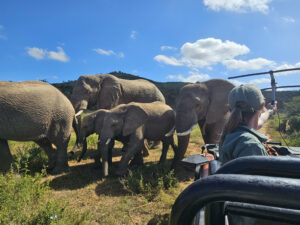
Podcast Protecting the Wild: Merging Tourism and Conservation in Africa

Bringing down fences: one year on.

